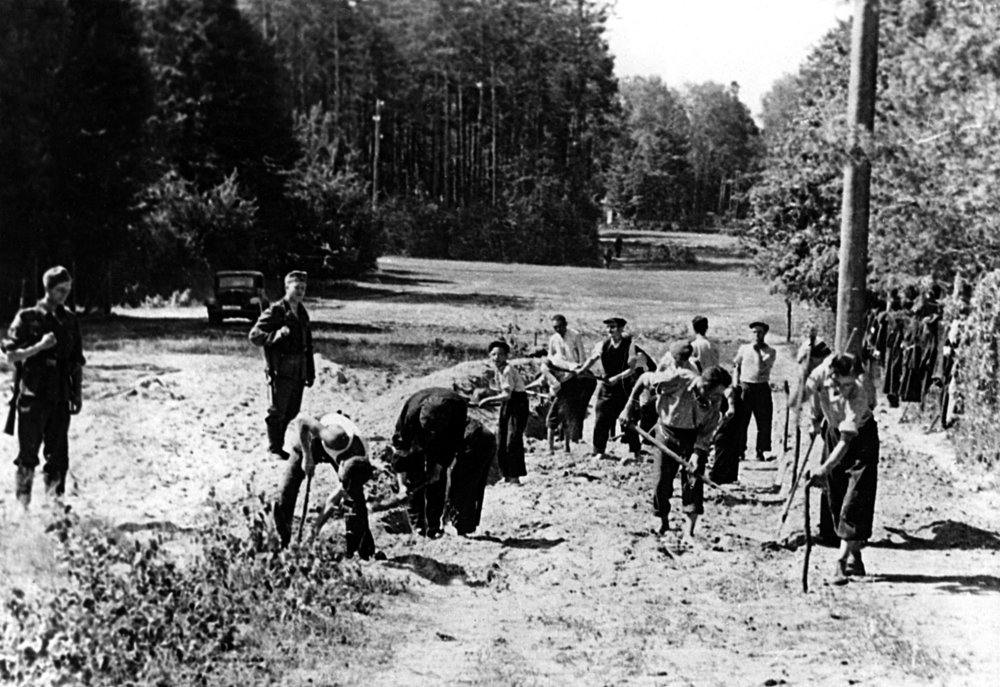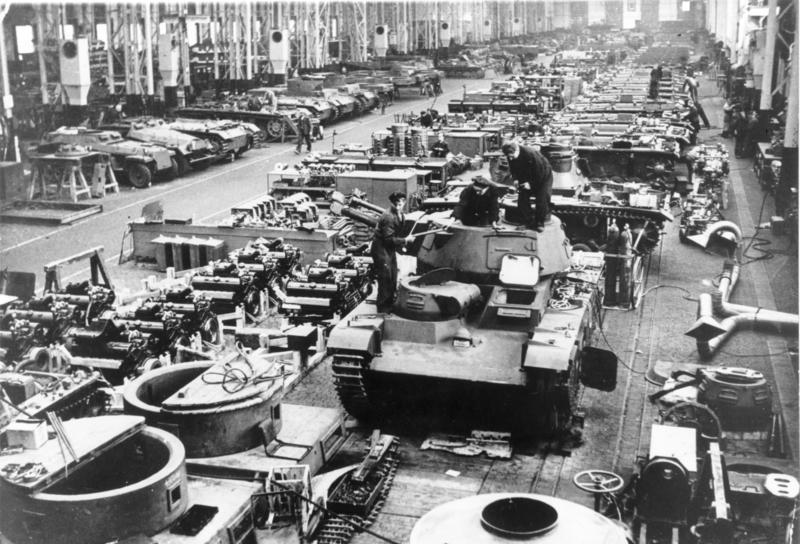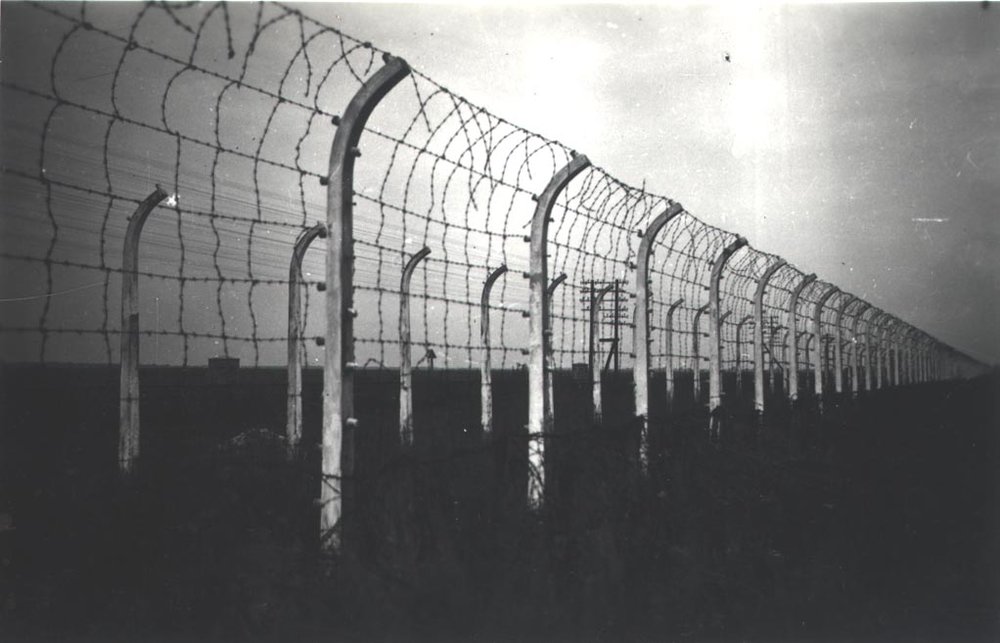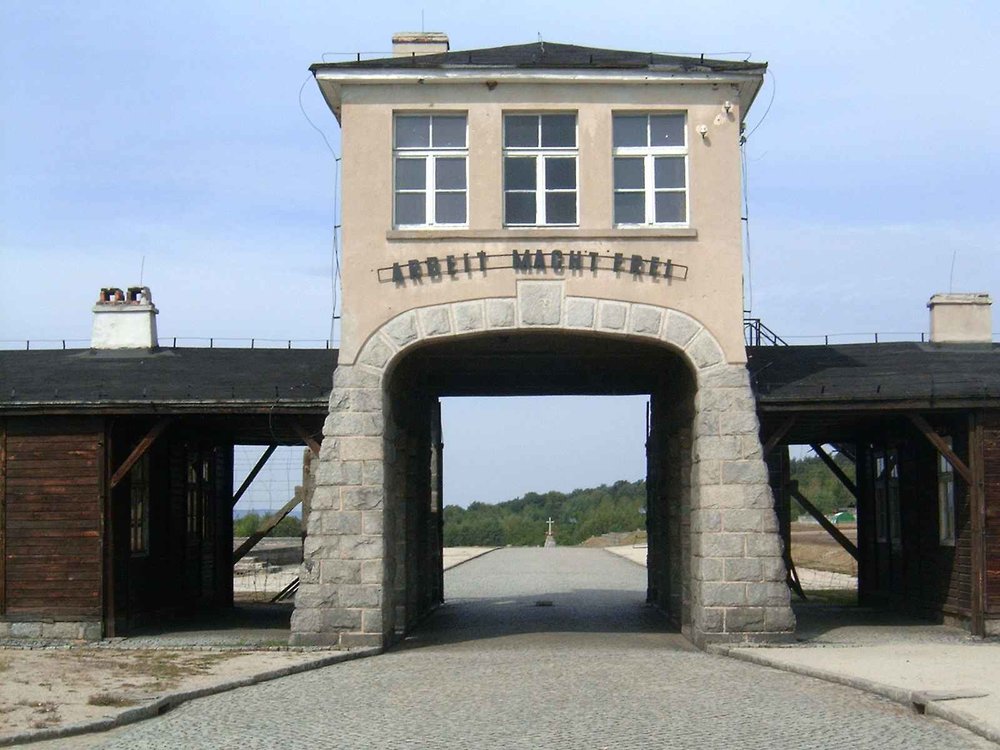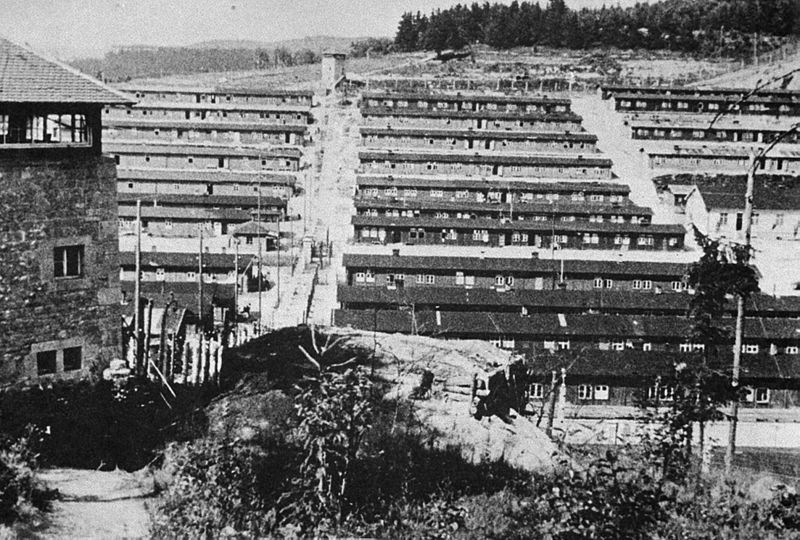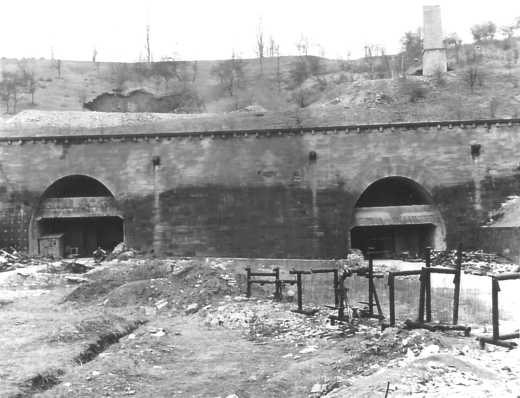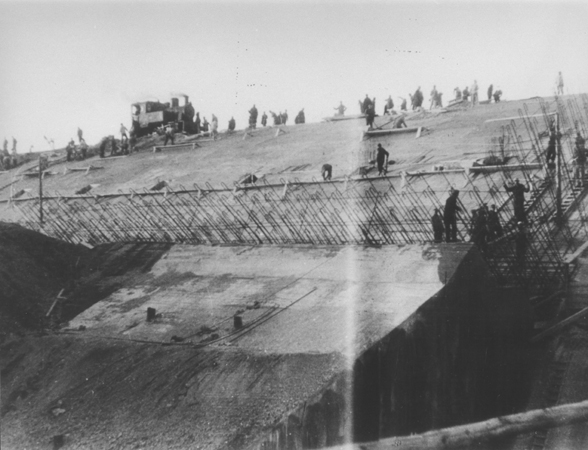 An exceptional account of a survivor’s story
An exceptional account of a survivor’s story
Loneliness and alienation, and the contrasting life-saving preciousness of human connection, are at the heart of The Long Night (The Toby Press £12.99), asearing, lucid, deeply humane account (translated from the German by Noemie Lopian and David Arnold) of Dr Ernst Bornstein’s four-year journey through the hell of the Holocaust.
Born 60 kilometres from Auschwitz (where his parents and two of his siblings were later murdered), at just 19 he was captured and passed through 12 slave labour and concentration camps and survived several of the notorious “death marches”.
Even readers who believe that they have read enough recollections of Holocaust survivors are likely to be moved by Bornstein’s unbelievable story of survival. At the age of 19, he was sent to a concentration camp, and within four years, he had spent time at 12 different ones. The narrative begins when the title’s “long night” does: in 1939, as Bornstein and his family flee their Polish village just as the Germans begin the invasion of Poland. He manages to escape selection for the labor camps for a while, but eventually his luck runs out and he and his father are sent to the Grunheide Forced Labor Camp. To the small extent possible, Bornstein’s father shares his food and does whatever he can to ease Bornstein’s torment, sacrifices that make their eventual separation all the more poignant. Those deprivations are but a grim prologue to Bornstein’s later experiences, which reach their nadir when he is assigned to transport corpses to the crematorium. Bornstein’s simple writing style, in this fine translation from Lopian and Arnold, makes his testimony of man’s inhumanity to man all the more powerful.

